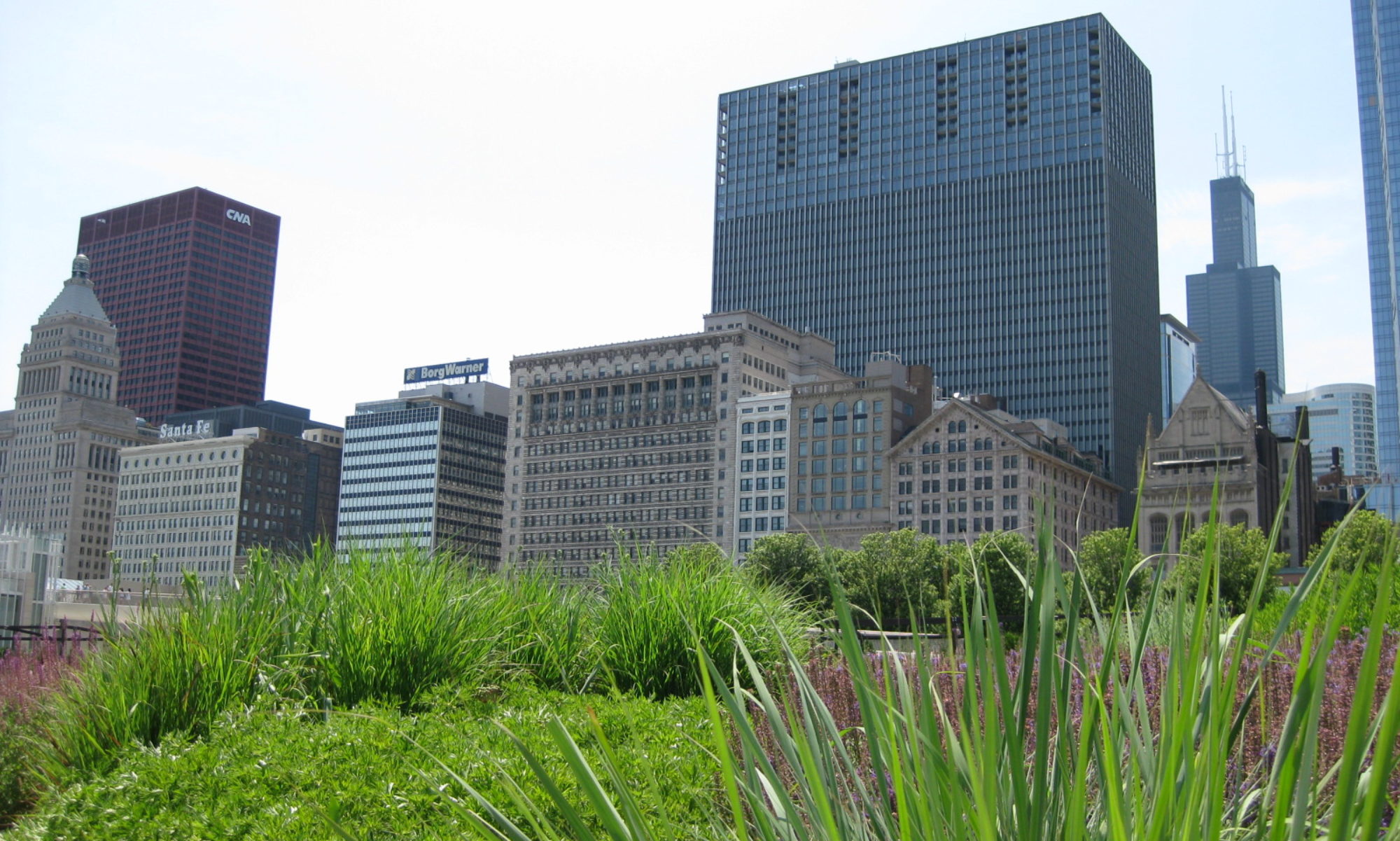GGIS 204: Cities of the World
Region by region, this course looks at urbanization processes around the world. What’s the spatial structure of cities in different parts of the world, and what difference does that structure make to what it’s like to live in those cities? We include elements of culture, environment, and health alongside politics and economics.
GGIS 254: People, Places, & Environments of the U.S.
As far as I know, this is a unique geography course anywhere. It’s a regional geography of the U.S. through the lens of underrepresented populations. The course meets our U.S. Minority Cultures requirement by emphasizing the role of Native Americans and African-Americans in particular in producing cultural and socio-environmental landscapes across the U.S. When I teach it, I use 1) food and 2) memory and memorials as ways to structure the course and its activities.
GGIS 412: Geospatial Technologies and Society
This course examines the use of geographic information systems (GIS), remote sensing, and other geospatial technologies in everyday life with emphasis on their implications for social, economic, and environmental change. I use Data Feminism by D’Ignazio & Klein and ask students to think critically about geospatial data and the process of mapping in a variety of different ways.
GGIS 465: Transportation & Sustainability
This course begins with global systems of logistics and air travel and works its way down to national systems of road and rail. Then we move to the metropolitan scale to talk about transportation planning, followed by the scale of the body: how do individual people experience transportation and mobility? Our field trip (formerly to the Joliet region, most recently to Indianapolis) considers how multiple layers of transportation, past and present, shape the landscape. I use the textbook that I wrote for this course, published by Rowman & Littlefield.
Other courses
I occasionally teach a graduate seminar on Mobility Justice. I’ve taught graduate seminars on urban environments and/or urban sustainability, as well as our qualitative methods course for graduate students.
